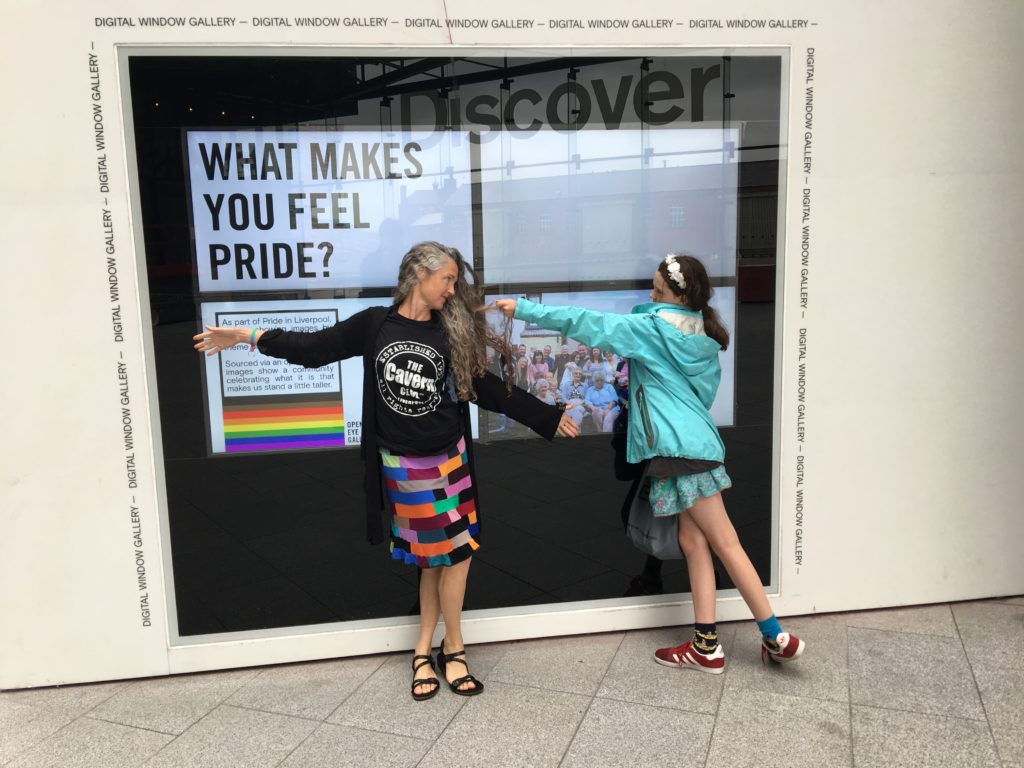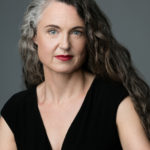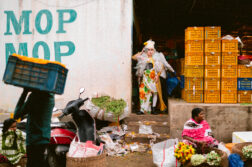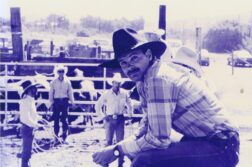
WHEN MY FAMILY recently traveled to the desert town of Mo’ynoq in northern Uzbekistan, our dinner host plunked a bottle of local vodka down on the table. As is common in the region, we began the rounds of toasts that would regularly punctuate our meal. Most of us toasted the Aral Sea. This was why we were there; to work with an Uzbek journalist and videographer on an environmental documentary about the decimated sea. “To the sea,” we said. “May it one day return.”
Last to go was our 11-year-old daughter. She raised her glass of water and said, “To the LGBTQ people of Uzbekistan. I hope they will be accepted.”
There was a moment of silence. I glanced at our Uzbek friends, but could not read their faces. We lifted our glasses. “To the LGBTQ people of Uzbekistan,” I said.
In context, my daughter’s words took courage.
A blogger in Tashkent, where I live, was beaten so badly after speaking out in defense of LGBTI rights that he ended up in the hospital. Miraziz Bazarov, who had argued on his Telegram and TikTok accounts that the government should decriminalize sex between men, suffered a fractured skull and broken leg.
I’m lucky. While I write LGBTQ characters and stories all the time, I do it in English, and most people here read in Uzbek, Tajik, or Russian. I’m also protected by my position as the partner of a diplomat. Even though my newest novel, Exile Music, features a queer protagonist and was a finalist for the Lambda Literary Award for Lesbian Fiction, no one has come after me with a baseball bat. As long as I write in English, I am largely invisible.
As a bisexual, invisibility feels familiar. A commitment to one partner makes half of my sexuality disappear in the eyes of the world. Unless I explicitly tell people, they assume I’m straight. So coming out is an ongoing process—and one I often find myself undertaking in countries hostile to the endeavor.
Still, I am lucky.
When I first fell in love with a woman (my college roommate) and realized that I wasn’t straight (though alas, she was), I sought community. Or, at least, women open to dating someone bisexual. I attended Oberlin College, which had a large and thriving queer community. But women never hit on me, and I was too nervous to take the first step, afraid women would reject me for also dating men.
This continued to be the case for my first few years out of college, working as an actor in Seattle. The only lesbian bar I knew seemed to cater exclusively to butch women with motorcycles. I was not one. I used to pace back and forth outside, trying to work up the courage to enter. Not until I moved to New York and discovered the Wow Café Theater in the East Village did I finally find a queer home. As I climbed the stairs that first time, I was sure they would toss me out for being bisexual. But not only did they let me stay, they embraced me. For years, I spent as much time at the theater as possible. It was a relief to not have to pretend I was straight or gay, that I could just be what I am.
Theater companies, I found, are far better places to pick up women than bars. I met three of my girlfriends at Wow. By then I’d had liaisons with women, but none had blossomed into a serious relationship. Then I met Susana, a magnetic Argentinian self-described butch with long black hair who wore buttoned-down white dress shirts and jackets. Everyone lusted after Susana. Brilliant, funny, warm, and unlike anyone I’d ever met. When she cast me opposite her in one of her plays, I suspected she wasn’t just choosing me for a role.
“So when did you first come out?” she asked after picking me up in her car to take me to dinner at her house in the Bronx. A bold move for a first date.
“I never really had to.” My parents were Massachusetts’ liberals, they never condemned my sexuality. “And it took me awhile to figure out I was bisexual.”
Susana screeched to the side of the road and turned to look at me. “I don’t date bisexuals.”
My hopes took a dive into an empty pool. I’d thought she knew. “I could lie? But that didn’t seem the right thing to do either.”
She sighed, but eventually put the car back in gear. We continued to her house.
While we were involved for several months, she never fully trusted me, worrying aloud I would run off with a man. “But I could run off with another woman,” I pointed out. Eventually, we both moved on.
After a couple of years of dating women, I fell in love with a man again. We were different in significant ways, but our shared passion for swimming, bicycling, running, and all things physical gave us many happy times. After a tumultuous year, he decided he couldn’t stay with me because I might leave him for a woman.
“But I might leave you for a man,” I pointed out. “Or just because you’re narrow-minded.”
Before either of those things could happen, he left.
For years, I wondered if I’d ever find a partner who not only accepted but embraced my sexuality as just another facet of who I am.
When I met Tim, one of the first things I said was, “if you’re going to have an issue with my sexuality, tell me now. Don’t wait until I’ve fallen in love with you and then break my heart.”
“Why would that be an issue?” he said. A few years later, we married.
Recently, when I woke at 4 am to attend the Lambda Literary Awards, I told Tim he didn’t have to get up with me to watch. “Of course I’m getting up!” he said. I’m so proud of you!”
I wish such enthusiastic support for all of us, from partners who choose to celebrate rather than try to than change or limit us—and perhaps even from a young daughter, whose passion for LGBTQ rights reminds us to keep working for those still not free to love.

Jennifer Steil is an award-winning author, journalist, and teacher currently living in Uzbekistan. Her most recent novel, Exile Music, won the Grand Prize in the international Eyelands 2020 Book Awards and was a finalist for the 2021 Lambda Literary Lesbian Fiction Award, the Bisexual Book Award, and the Annie Award. It explores an overlooked slice of World War II history, following Jewish musicians who flee Vienna in 1939 to seek refuge in the Bolivian Andes. Her previous novel, The Ambassador’s Wife, won the 2013 William Faulkner-William Wisdom Creative Writing Competition Best Novel award, the 2016 Phillip McMath Post Publication book award, and was a finalist for the Bisexual Book Award and the Lascaux Novel Award. Her first book, The Woman Who Fell From the Sky, is a critically lauded memoir about running a newspaper in Yemen.





